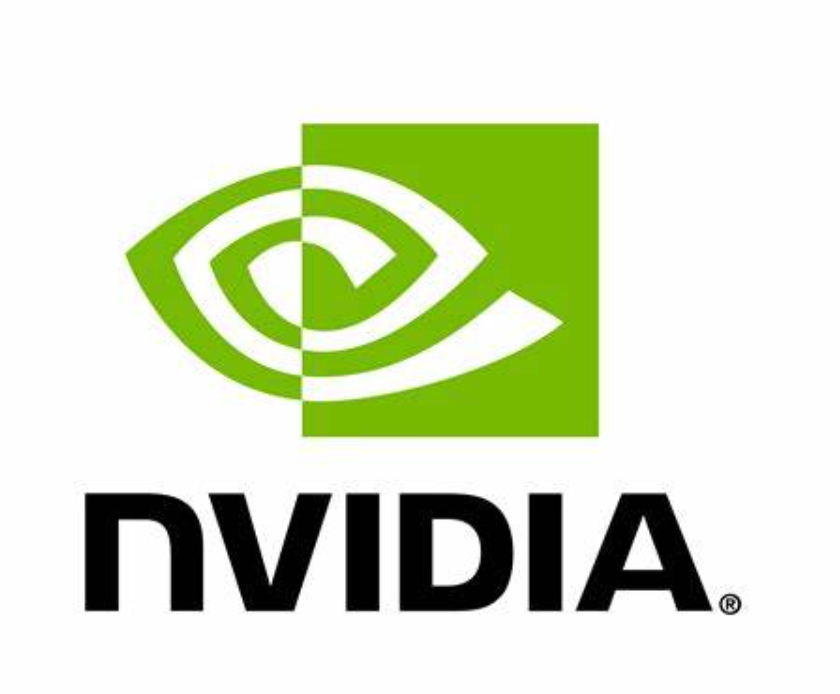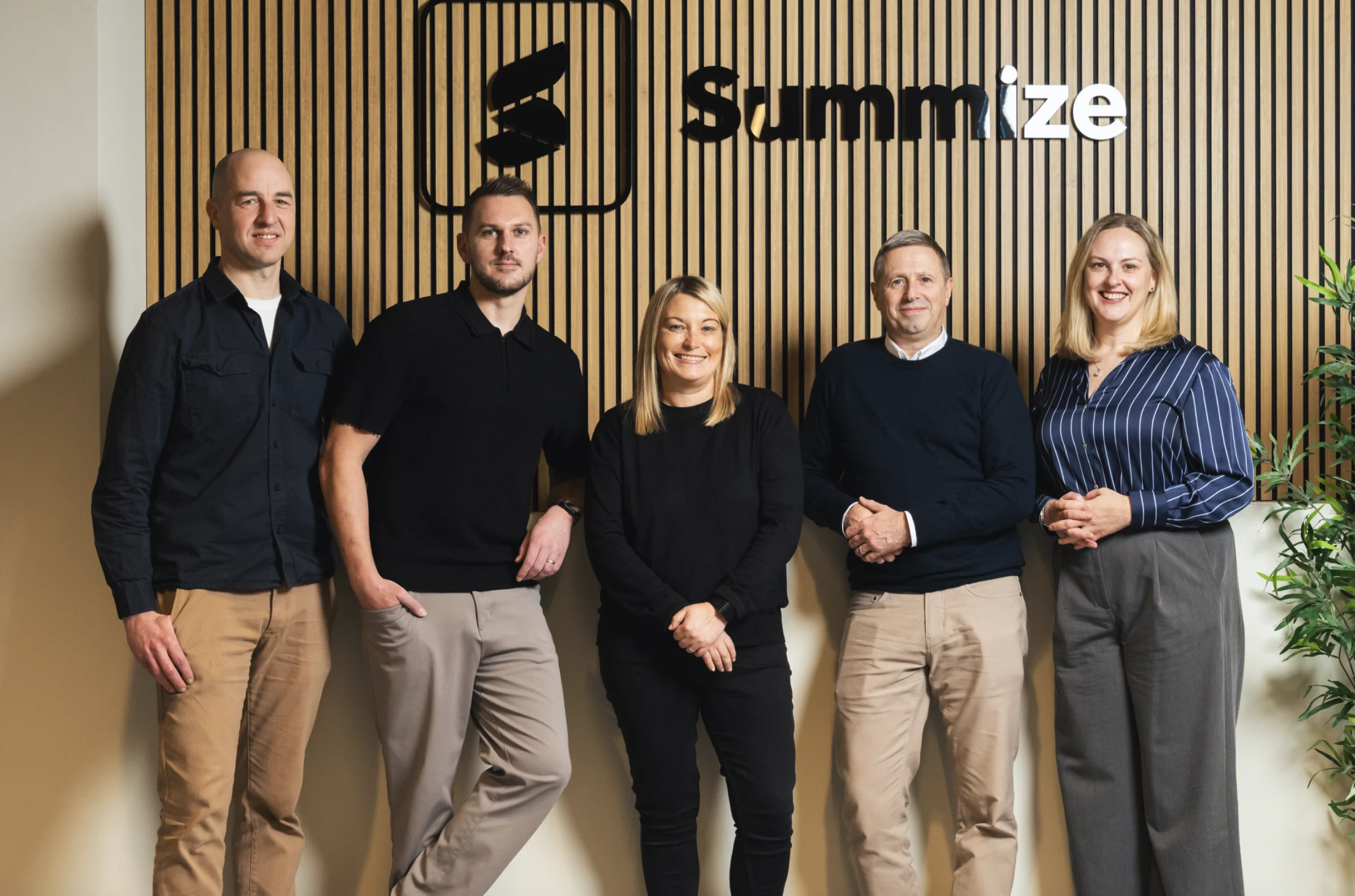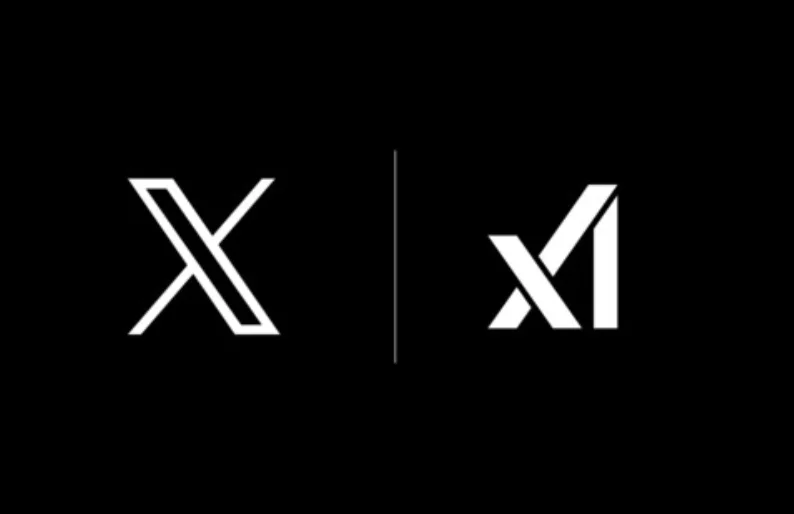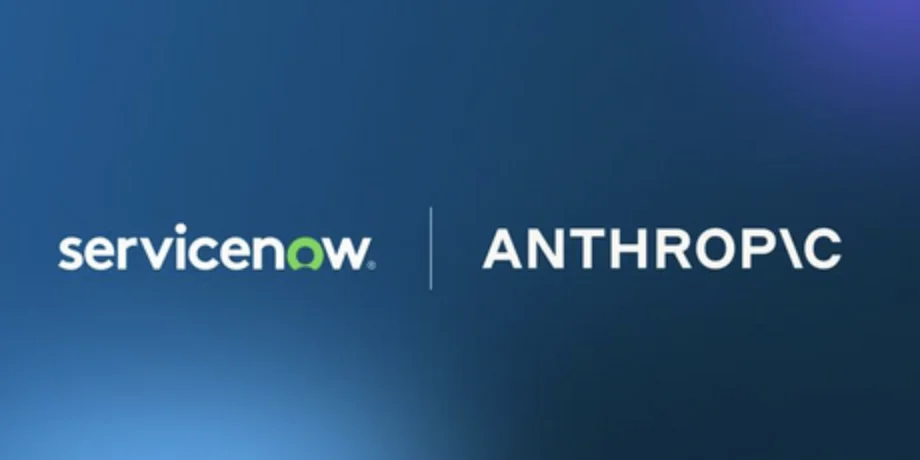Insider Brief
- NVIDIA joins $100M+ funding round for Tokyo startup Sakana AI, led by NEA, Khosla Ventures, and Lux Capital, focusing on generative AI using small datasets.
- Sakana to collaborate with NVIDIA on AI research, data center access, and local AI community-building; aims to democratize AI in Japan.
- CEO Jensen Huang highlights Sakana’s role in advancing sovereign AI in Japan, while global tech giants like Microsoft and OpenAI also invest heavily in Japan’s AI market.
PRESS RELEASE — NVIDIA Corp. has joined a $100 million-plus funding round for Tokyo startup Sakana AI, one of the larger investments the US chipmaker has made so far in Japan’s fledgling artificial intelligence arena.
Sakana, founded in 2023 by a pair of former Google engineers, secured the Series A or early-stage financing led by New Enterprise Associates, Khosla Ventures and Lux Capital. The startup said it will team up with NVIDIA on research, data center access and “AI community-building” locally.
Sakana — which means “fish” in Japanese — sets out to train low-cost generative AI models using small datasets. Its team unveiled several AI models for Japanese speakers this year, demonstrating how quickly domestic companies can ramp up their capabilities in the sphere.
Nvidia Chief Executive Officer Jensen Huang said he was drawn in particular to Sakana’s endeavors in Japan to popularize AI. His company, which makes the accelerator chips that drive the global development of generative AI, has since 2023 stepped up its pace of startup investment.
“Countries are embracing sovereign AI to capture and codify their data, culture and language through their own unique large language models,” Huang said in a statement. “The team at Sakana AI is helping spur the democratization of AI in Japan.”
The Asian nation is beginning to draw global attention as an AI market. Microsoft Corp. is investing $2.9 billion over two years to build out the country’s data centers and cloud computing infrastructure, while OpenAI co-founder Sam Altman just opened a Tokyo office. Microsoft is also partnering with SoftBank Corp. on generative AI, while OpenAI is working with Rakuten Group Inc.
Previously valued at around $200 million, Sakana’s approach contrasts with those of industry leader OpenAI and others spending billions of dollars training AI on huge datasets. Sakana says its algorithms can help automate the creation of AI models that process language or images by mimicking natural selection when they combine, test and discard data, reducing the amount of human input required.






